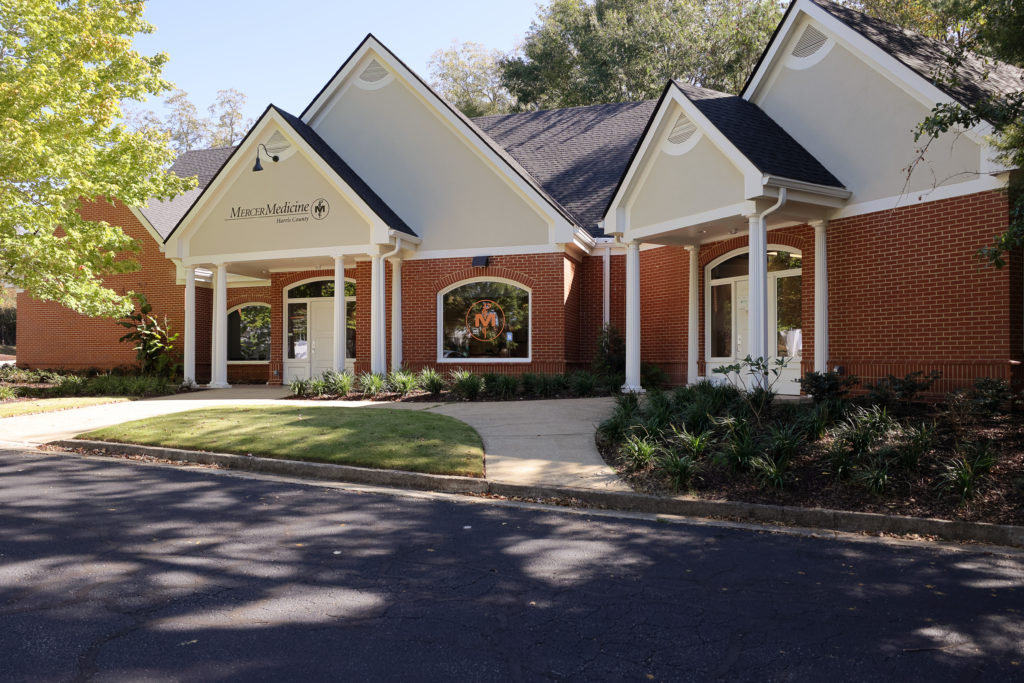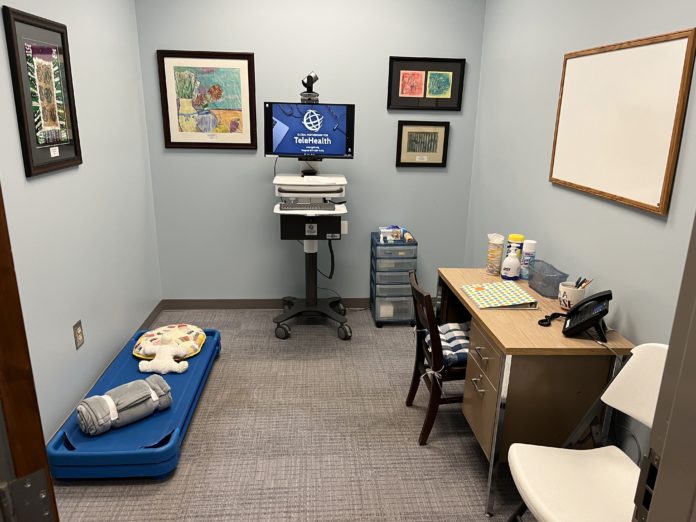
Students and staff in the Harris County School District can now see a doctor from the comfort of their school when they aren’t feeling well. Launched Jan. 31, a new telehealth initiative with Mercer Medicine provides more accessible health care while cutting down on absences at the district’s seven schools.
Mercer Medicine, the faculty practice of Mercer University School of Medicine, opened its fifth rural Georgia primary care clinic in April 2022 in Hamilton, with health services led by Dr. David Kay. Prior to the clinic, there was not a full-time primary care physician in Harris County, said Morgan Marlowe, community development coordinator for the Harris County School District.
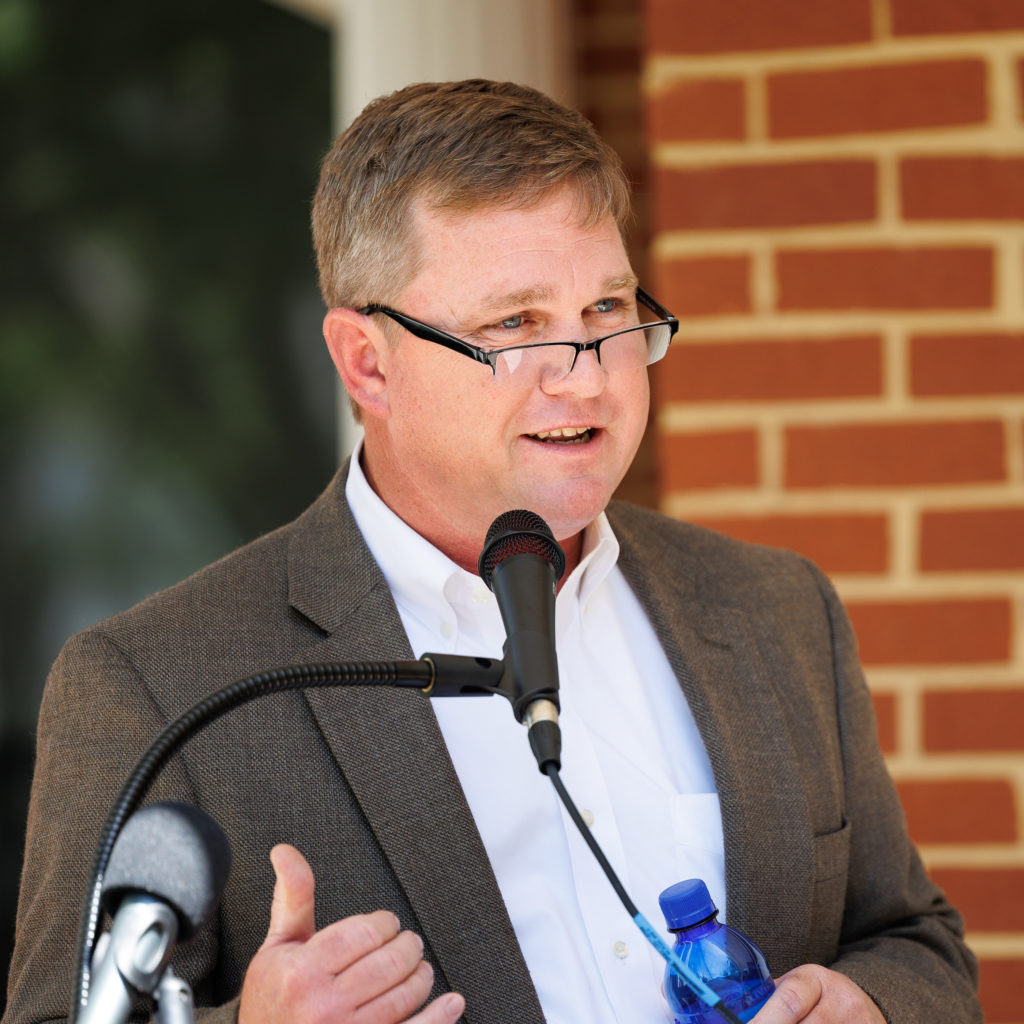
It had been a goal of the school district to offer school-based health services to its more than 5,600 students and 900 employees, and the new clinic provided the infrastructure to make that happen through a telehealth platform. Absences are directly related to student achievement, and more students and staff have been missing school since 2020 because of COVID-19 and other factors, said Shelia Baker, the district’s assistant superintendent of support services.
“We felt like school-based clinics would be beneficial because if you could keep kids there, they could learn more,” Marlowe said. “For the students and parents, it just made sense.”
The district also wanted to ease the burden on parents, who were having to leave their jobs to take their kids to and from doctors that were sometimes 30-40 minutes away — a process that could end up taking three or four hours.
“We’re trying to eliminate some of those barriers that we know that families face when it comes to students being sick,” Baker said.
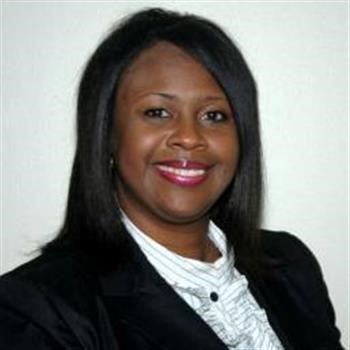
When a student or employee is experiencing a medical issue, he or she first visits the school nurse, who schedules a virtual appointment with Mercer Medicine, Baker said. Parents must grant permission for their child to be seen and can join the appointment virtually.
Using a telehealth workstation, the nurse takes the patient’s vital signs and conducts any other exams as directed by Dr. Kay or nurse practitioner Amanda Lee, who can see everything remotely from the Hamilton clinic through specialized equipment, Dr. Kay said.
“We’re on the other end able to visualize all of the exam, interview the student, and then we come up with a disposition, diagnosis and treatment plan,” Dr. Kay said. “This medical equipment is high-definition camera systems that honestly give me a much better picture than if I was sitting in front of the patient. When I do an ear exam on a child, you often can only see a small portion of the eardrum (in person), but with these high-definition cameras, they can place the otoscope in the ear, and now you’ve got a magnified image of the eardrum.”
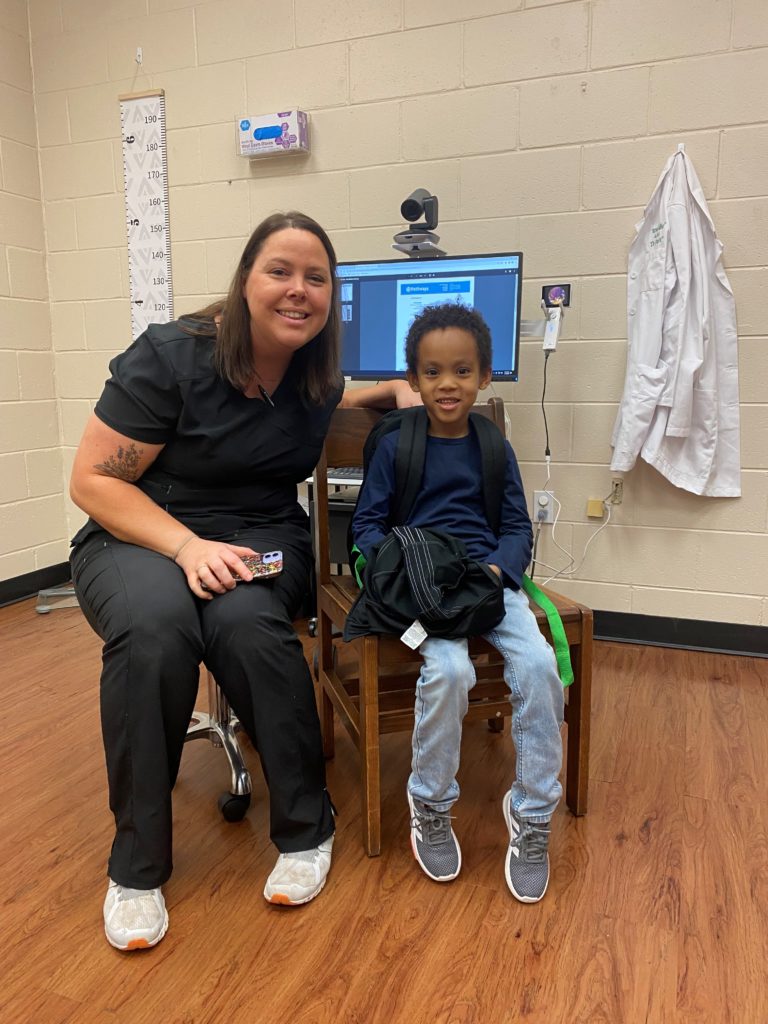
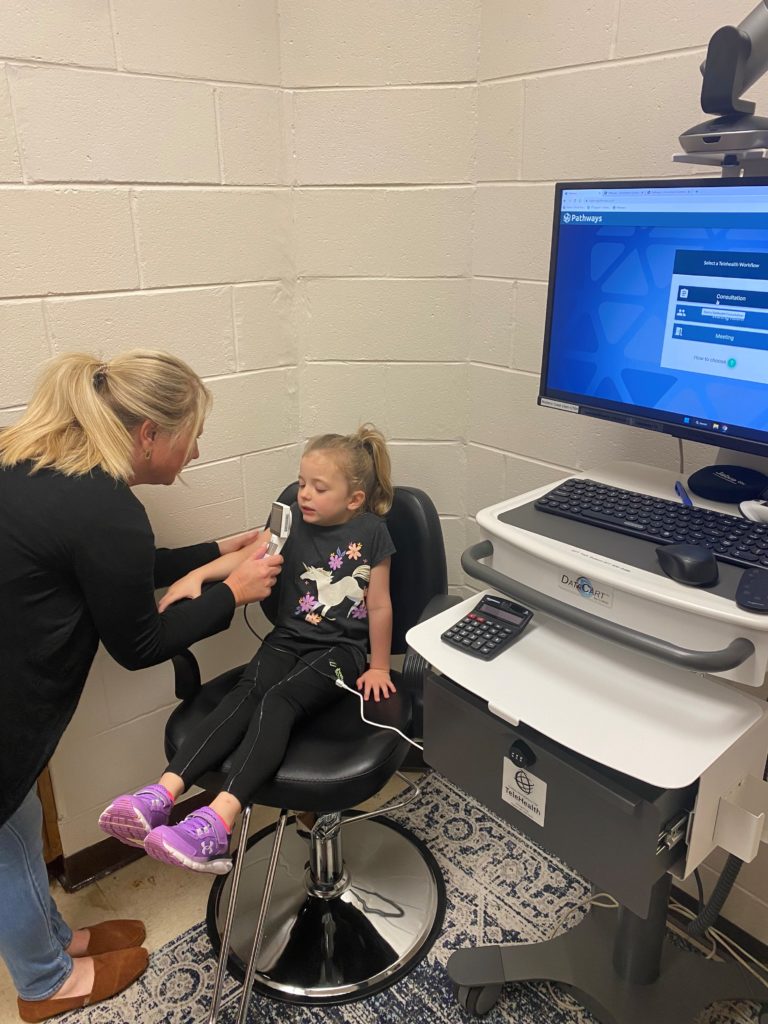
Any needed prescriptions are called into a pharmacy — often the one across the street from the Hamilton clinic — to be filled and later picked up by the parent, Dr. Kay said. Depending on the diagnosis, the child would either return to the classroom after the exam or be picked up by a parent if they need to go home, Baker said. Dr. Kay said students are often back in class in 45 minutes.
Charts have been created for all of the students, so they will already be in the Mercer Medicine records system in the event they need to have a telehealth visit. Several students were seen in just the first week, mostly for earache, sore throat or cough.
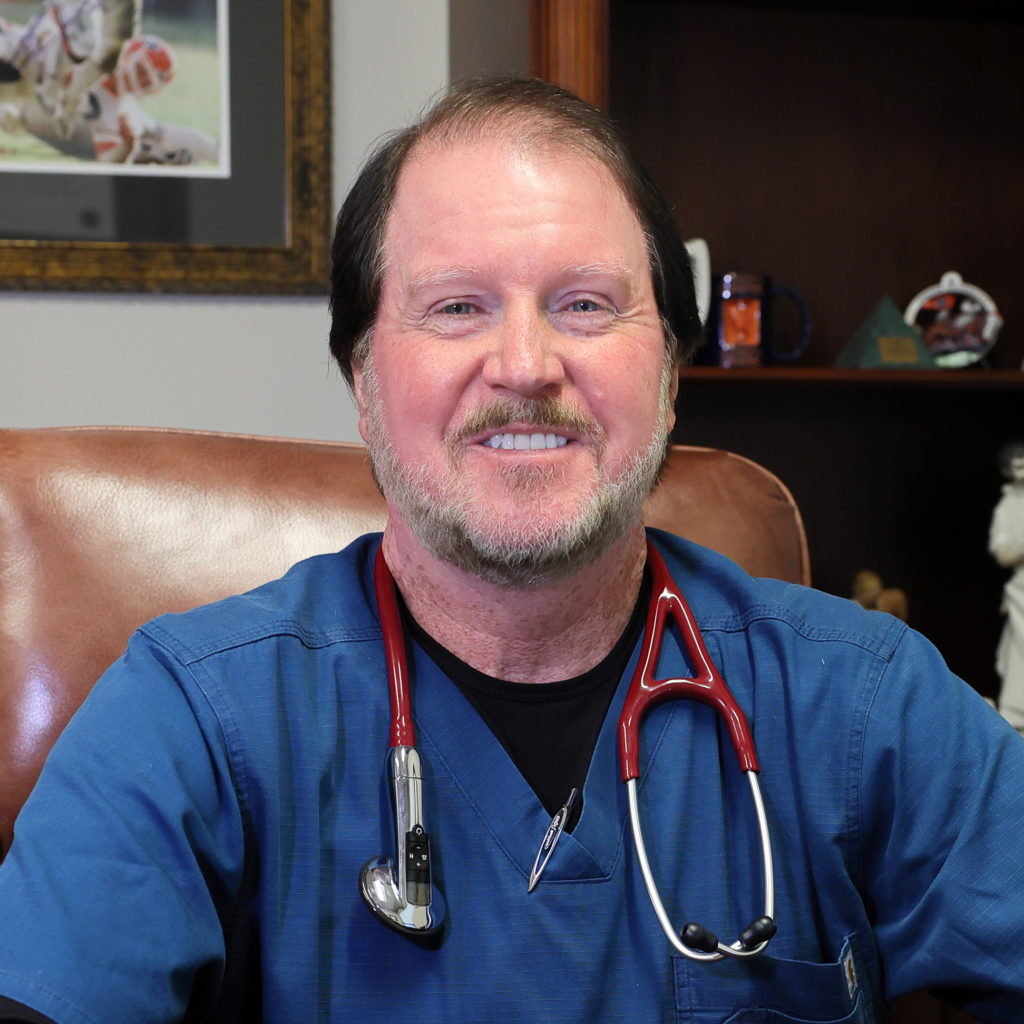
“I think this was very proactive on the district’s part, and I couldn’t be happier with the relationship that we have with the Board of Education,” Dr. Kay said. “It’s been very smooth, and they have really stepped up to the plate in making this happen.”
Marlowe and Baker spearheaded the district’s research, fundraising and implementation efforts in collaboration with the School of Medicine. The Georgia Rural Health Innovation Center, Center for Rural Prosperity Innovation, Harris County Board of Commissioners, CareSource and Loudermilk Family Foundation were instrumental supporters in the project. The telehealth workstations were purchased from Global Partnership for Telehealth, which trained the school nurses and has provided ongoing technical support.
“It has taken some really great partners who really believe in what we’re doing,” Baker said. “There was a lot of support as far as the planning, the outlook, who we needed to have conversations with and what those conversations needed to involve. That was all very well coordinated and guided by the staff at Mercer as well as staff at Mercer Medicine of Hamilton.”
Marlowe said the telehealth initiative provides an additional benefit for high school students pursuing the district’s health care pathways. Now, they could have the opportunity to shadow or intern with nurses in the schools, rather than having to travel to Columbus or LaGrange.
If this pilot program is successful, the district hopes to later offer prescription drug delivery to the schools and add telehealth mental health services, Marlowe said.
“Mercer School of Medicine was founded to supply health care to the rural parts of Georgia. This is totally within the mission statement of Mercer to provide this in rural counties,” Dr. Kay said. “Our mission is almost to be an urgent care for the schools. Our goal is to cut down on the number of students missing school and cut down on the number of students having to leave school because of illness.”
